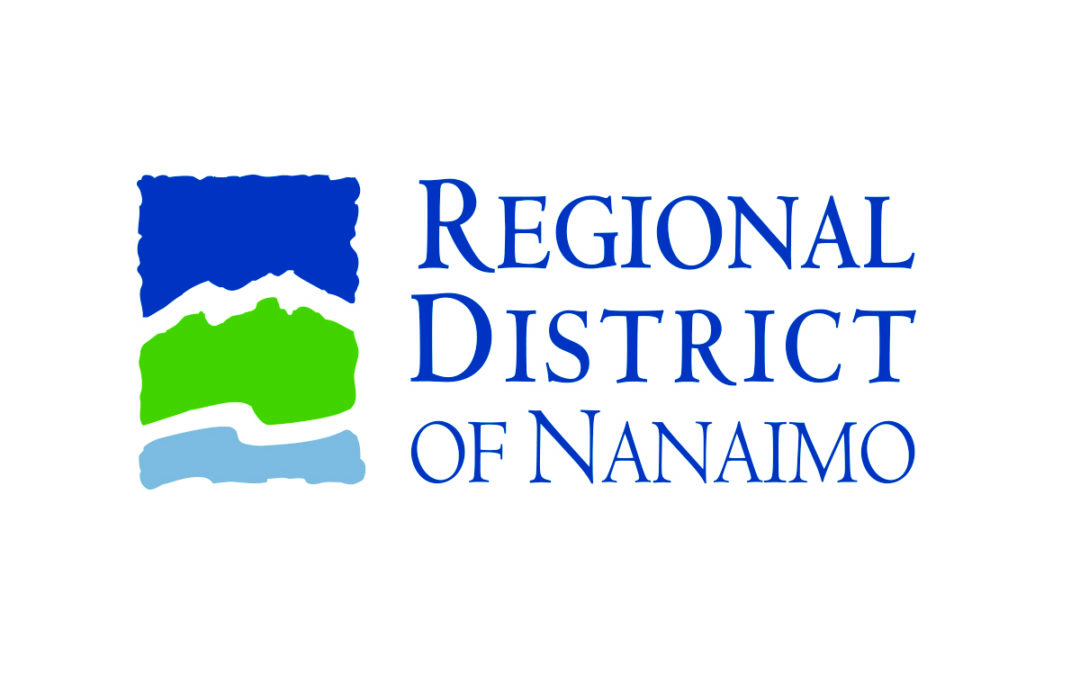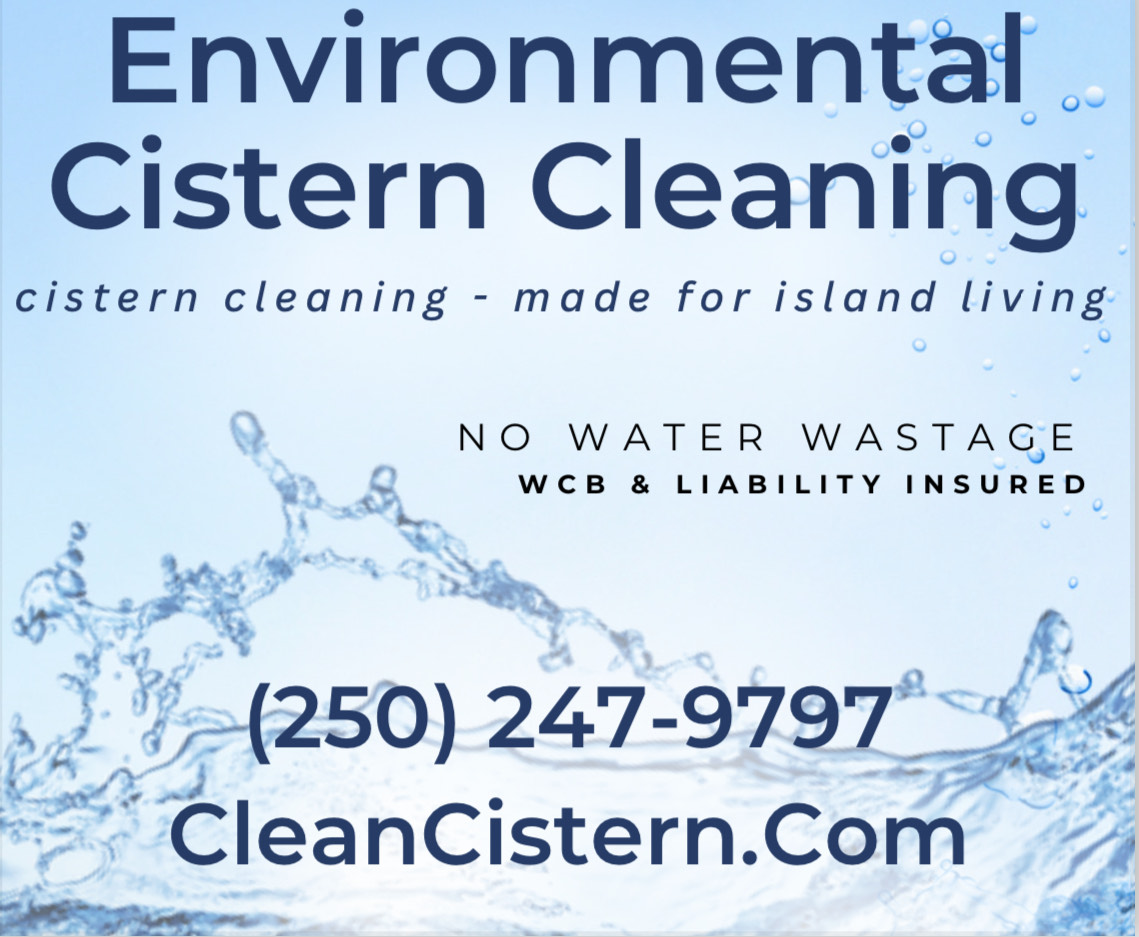Vanessa Craig
Regional District of Nanaimo Director, Electoral Area B: Gabriola, Mudge, Decourcy Islands
The Regional District of Nanaimo (RDN) provides waste management services, including pick-up of garbage, recycling, and organics for Gabriola and the six other electoral areas, as well as Parksville, Qualicum Beach, and Lantzville. The RDN owns and operates the landfill in Cedar as well as the Church Rd Transfer Station in Parksville. Nanaimo has its own waste collection service but also uses the landfill and participates in funding it. While the cost of the waste pickup program is covered by your annual utility bill (the amount you pay varies depending on the size of your garbage container), we pay RDN taxes towards managing the landfill and transfer station, which includes building up a reserve for when the landfill needs to be closed.
The RDN’s goal for 90% waste diversion (ie that 90% of all waste is diverted from the landfill – currently we’re at around 68%) guides many of our decisions including to:
• collect organics to keep them out of the landfill which helps with landfill space management and decreases the amount of methane generated by the landfill;
• allow garden clippings to be added to the organic bin which reduces the cost of composting and provides a better mix of materials (plus is helpful with FireSmarting!);
• new! You can now upsize your organics cart to add even more green/yard waste! If you upsize by Nov 8 you can win your fees waived for 2 years – upsize by Nov 30 and save $25; and
• implement mandatory source separation (effective January 2025) as well as a companion waste hauler licensing program. Only residential properties currently are required to sort their waste into garbage, recycling, and organics streams – as of January all commercial, industrial, institutional, and multi-family dwellings will also be required to do so. This is anticipated to have a significant positive impact on the RDN’s waste diversion rate. The RDN has worked with the province, waste haulers, and consulted with the community as this new program has been developed. There are upcoming information sessions in Nanaimo, at the landfill, and an online webinar in November. More information about this program and the upcoming information sessions is available here: https://www.getinvolved.rdn.ca/waste-separation
In addition to these recent program changes, the RDN is always seeking to use our landfill as efficiently as possible. A new project of the RDN is a waste shredding program combined with on-machine GPS, which allows waste to be more efficiently compacted. Through a series of four trials the RDN has been piloting a shredder program – contracting different types of industrial shredders to determine whether it allows more efficient compaction of garbage, and the best type of shredder to use. The trials indicate that shredding makes a difference – the air survey density results (basically indicating how compact the waste is) has increased from 0.84 tonnes of garbage per m3 of landfill airspace in 2019 (no shredding) up to 1.29 t/m3 this year so far, with full-time shredding. This is quite a bit higher than the standard industry goal of a landfill our size of 0.7 t/m3. Based on the amount of waste coming in to the landfill (which increased in 2019 as more waste was generated through COVID and continues to increase), the landfill was estimated to run out of space around 2043. With shredding, and assuming we maintain waste diversion rates and that waste volumes decline to 75,000 tonnes per year, the life of the landfill may extend to 2050. The more we’re able to divert from the landfill, the longer the landfill will last. For example, if we reach 80% diversion the landfill is projected to last until 2058 and at 90% diversion we could get to 2078. RDN staff indicate that the value of extending the landfill life for just 7 years by shredding is $100 million, after accounting for the costs of operating the shredder for those years – which indicates the significant cost associated with having to close our landfill when it gets full.
What can you do? The more we can divert from the landfill the better for both the environment and all of us. Ensuring that all eligible organics go into your green bin (or household compost) instead of your waste bin, and recycling everything you can will make a significant difference. In addition to the RDN’s waste/recycling/organics pickup and the option for landfill drop-off, GIRO on Gabriola collects appliances, glass, soft plastics including plastic bags, cardboard, paints and other hazardous chemicals, and many other items. Recycle BC allows you to drop off a variety of bags including crinkly plastic and candy wrappers, cellophane, woven plastic, white and coloured foam, and more at London Drugs and other locations. For more information about opportunities to divert waste from the landfill:
• RDN https://www.rdn.bc.ca/what-goes-where
• GIRO https://www.girodepot.com/giro-accepts/
• London Drugs https://www.londondrugs.com/believe-in-better/london-green/recycling.html
• Recycle BC https://recyclebc.ca/
If you have any questions about the RDN’s waste management system, or anything else RDN-related, please contact me at vanessa.craig@rdn.bc.ca or 250-741-4589.





Recent Comments